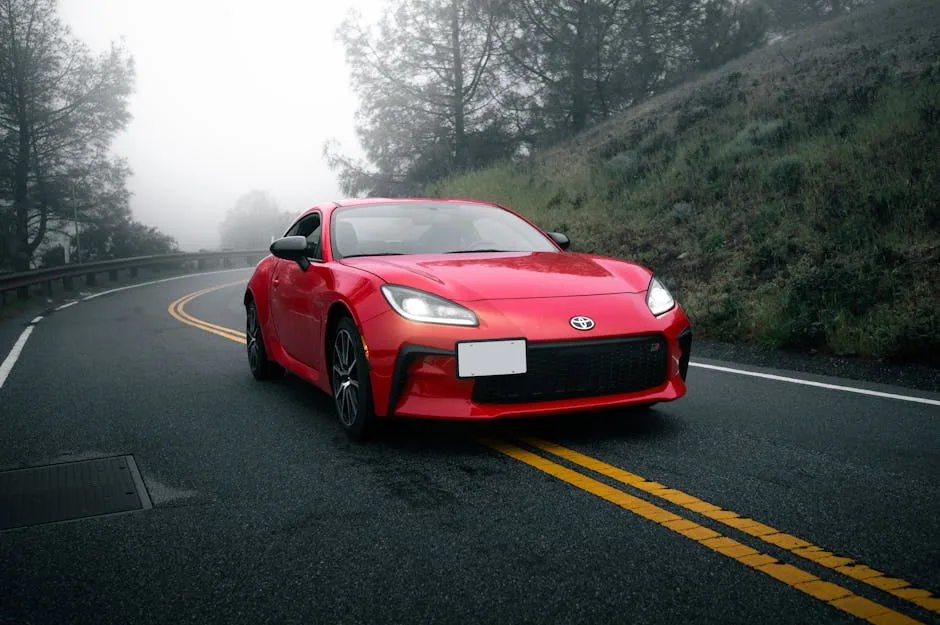
Toyota and Waymo, Alphabet’s self-driving subsidiary, have announced a collaboration to integrate autonomous vehicle (AV) technology into consumer-owned cars. This partnership marks a significant shift from Waymo’s current focus on robotaxis to personal vehicles, leveraging Toyota’s global manufacturing scale. The move comes as Waymo reports over 250,000 autonomous rides weekly in U.S. cities, demonstrating the maturity of its technology1.
Partnership Scope and Technology Integration
The collaboration will see Toyota’s software division, Woven by Toyota, integrate Waymo’s autonomous driving system into next-generation vehicles. Waymo’s technology, which relies on lidar, radar, and cameras for redundancy, will be adapted for consumer use. Toyota aims to advance its “zero-accident society” vision, while Waymo gains a pathway to scale beyond commercial robotaxis2. Testing is already underway in Tokyo, with global expansion planned.
Waymo’s Current Operations and Safety Metrics
Waymo’s robotaxis operate in San Francisco, Los Angeles, Austin, and Silicon Valley, using retrofitted Jaguar I-Pace EVs. The company holds full commercial permits in San Francisco and recently expanded to Los Angeles in March 20253. Safety data shows an 83% reduction in airbag deployments and 81% fewer injury-causing crashes compared to human drivers. These metrics are critical for gaining consumer trust in AVs.
Competitive Landscape and Regulatory Challenges
The AV market is highly contested, with Tesla pursuing a camera-only approach and Amazon’s Zoox developing lidar-based robotaxis. Waymo and Cruise remain the only companies with full commercial permits in San Francisco4. Regulatory approval remains a hurdle, particularly for consumer-owned AVs, which lack the controlled environments of robotaxi fleets.
Security Implications for Autonomous Systems
Autonomous vehicles introduce unique security challenges, including sensor spoofing, network vulnerabilities, and data privacy risks. Waymo’s reliance on lidar and redundant systems may mitigate some risks, but the integration with Toyota’s software stack requires rigorous testing. Recent concerns about in-car video data being used for personalized ads highlight potential privacy issues5.
Future Outlook and Industry Impact
The partnership could accelerate AV adoption, but success depends on overcoming technical, regulatory, and security barriers. Hiroki Nakajima, Toyota’s EVP, stated, “This collaboration accelerates our path to safer mobility,” while Waymo CEO Tekedra Mawakana emphasized scaling “trusted autonomy”6. As the technology evolves, stakeholders must address cybersecurity risks to prevent exploitation of autonomous systems.
References
- “Autonome Autos: Toyota und Waymo planen selbstfahrende Autos für Privatleute,” Handelsblatt, 2025. [Online]. Available: https://www.handelsblatt.com/technik/ki/autonome-autos-toyota-und-waymo-planen-selbstfahrende-autos-fuer-privatleute/100125090.html
- “Toyota, Waymo agree to explore collaboration on autonomous driving tech,” Reuters, 2025. [Online]. Available: https://www.reuters.com/business/autos-transportation/toyota-waymo-agree-explore-collaboration-autonomous-driving-tech-2025-04-29/
- “UPDATE1: Toyota, U.S. firm Waymo to collaborate on self-driving tech,” Kyodo News, 2025. [Online]. Available: https://english.kyodonews.net/news/2025/04/826dda9b68f5-update1-toyota-us-firm-waymo-to-collaborate-on-self-driving-tech.html
- “Toyota und Waymo planen selbstfahrende Autos für Privatleute,” ARIVA.DE, 2025. [Online]. Available: https://www.ariva.de/news/toyota-und-waymo-planen-selbstfahrende-autos-fuer-privatleute-11618087
- Waymo Safety Impact Report, 2025. [Online]. Available: https://waymo.com/safety
- Waymo Official Website. [Online]. Available: https://waymo.com/





